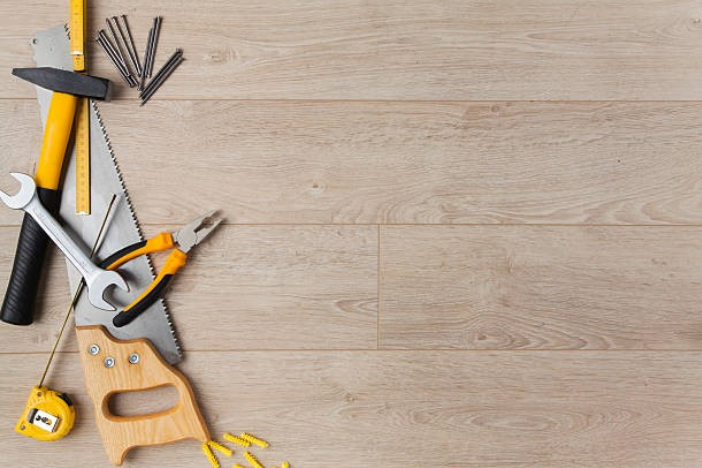It is not enough to simply vacate the lease premises if a clause imposes an obligation to make good the premises. It is important for lessees to identify what making good the premises means and what actions they need to undertake if they identify such a clause is inserted in their lease.
What is a Make Good Clause?
At the end of the lease, the lessee will have a general obligation to arrange the leased premises to be in the condition it was when the lease was entered into. A make good clause enforces this general obligation and might require the lessee to undertake additional work so the premises is at the lessor’s satisfaction. Simply put, a make good clause is the clause in the lease that specifies to the lessee the condition the premises must be left in once the lease is at an end and the lessee vacates the premises. Make good clauses are different to redecoration clauses as the make good clause only relates to what needs to be undertaken at the end of the lease period.
It is crucial that a lessee identifies whether a make good clause has been inserted into their lease at least a couple of months before their lease is due to end. The lessee must give themselves adequate time to undertake the repairs before the lease’s end date. If not then it may result in the lessee having to pay extra amounts to ensure the work is done by the end date of the lease. Otherwise the lessee will have to reimburse the lessor for failing to leave the premises in the condition it was in when the lease was entered into.
Types of Make Good items a Lessee may be Required to Undertake
The make good clause in your lease should specify the exact work and items that need to be restored. If the make good clause in your lease is too broad then it may place additional obligations on the lessee to undertake more restoration work than what was expected or necessary. Although the lease clause should specify the works that should be undertaken, there are four general make good provisions a lessee will be required to undertake, which include:
- removing detachable property – requires the lessee to remove property that is removable from the premises (for example desks and cabinets);
- removing all property and complete basic repairs – the lessee must remove their property from the premises (including signage) and fix any damage that has been caused during the lease period (for example repainting the walls or replacing any broken windows);
- returning the leased premises to the state provided for in a condition report – a condition report would provide details on the premises’ condition at the date the lessee took possession of the property. It may also establish the condition the lessee must return the premises to when they vacate the property; or
- returning the leased premises to its bare shell condition – all the fixtures and fittings are removed from the premises so that the leased premises are entirely empty. This is most used in retail shops inside a shopping centre.
Alternatives to Making Good the Premises
Instead of undertaking the make good works on the premises, a lessee may be able to offer a cash settlement to the lessor. This is a lump sum of money as compensation for not undertaking the make good works. The benefit of a cash settlement is that the lessee avoids undertaking the works to repair the premises and is only required to leave the premises in a clean condition when vacating. A concern with paying a cash settlement to the lessor is that they cannot be certain that the compensation they pay will actually be used for the make good works. If lessees are opting to pay a cash settlement rather than undertake the make good works themselves, they should be aware of what works need to be undertaken. Lessee should also be aware of the reasonable costs for repairing the premises, so they are not paying more than what is required.
What if the Lease has no Make Good Clause?
If the lease period is longer than 3 years, the lessee still has a requirement to keep the premises in a clean condition regardless of whether a make good clause is included in their lease. Section 105 of the Property Law Act 1974 (Qld) imposes an implied obligation on the lessee to “yield up” the premises in a good and tenantable repair. To determine what is “good repair” and in a condition “fit for occupation”, the condition of the premises at the commencement of the lease should be taken into account. This means that even if the lease does not include a make good clause, legislation still requires the lessee to clean and make repairs to the premises so that it may be in a condition that a new lessee may occupy it.
It is also good practice for a lessee to clean up the premises before they vacate. By leaving the premises in a clean and tidy condition, a lessee may be able to make maintenance and repairs that they were obligated to do under other lease clauses.
If you have any questions or require assistance with drafting, renewing or drafting your lease in Queensland, please contact the property team at NB Lawyers for more information.


